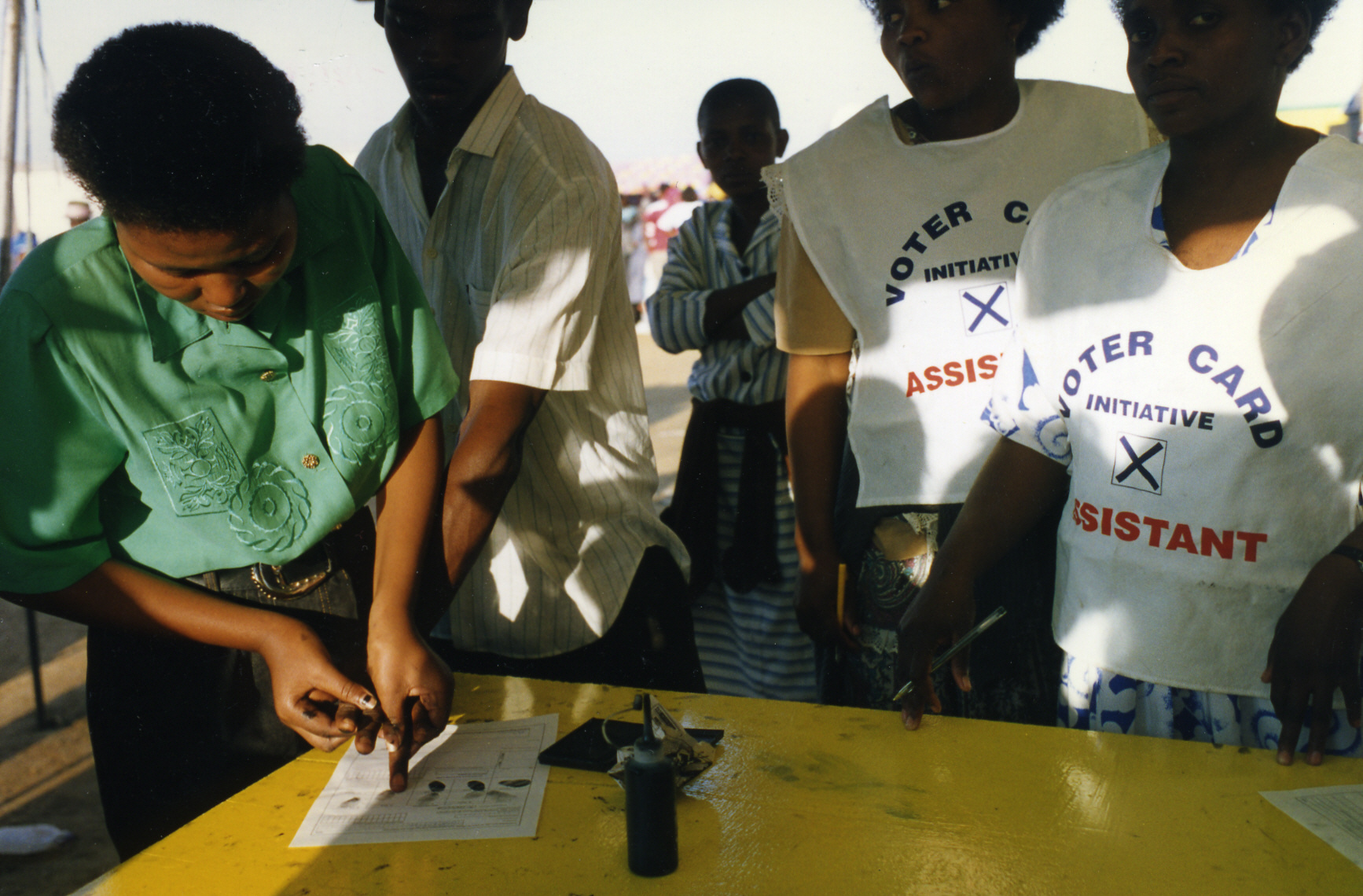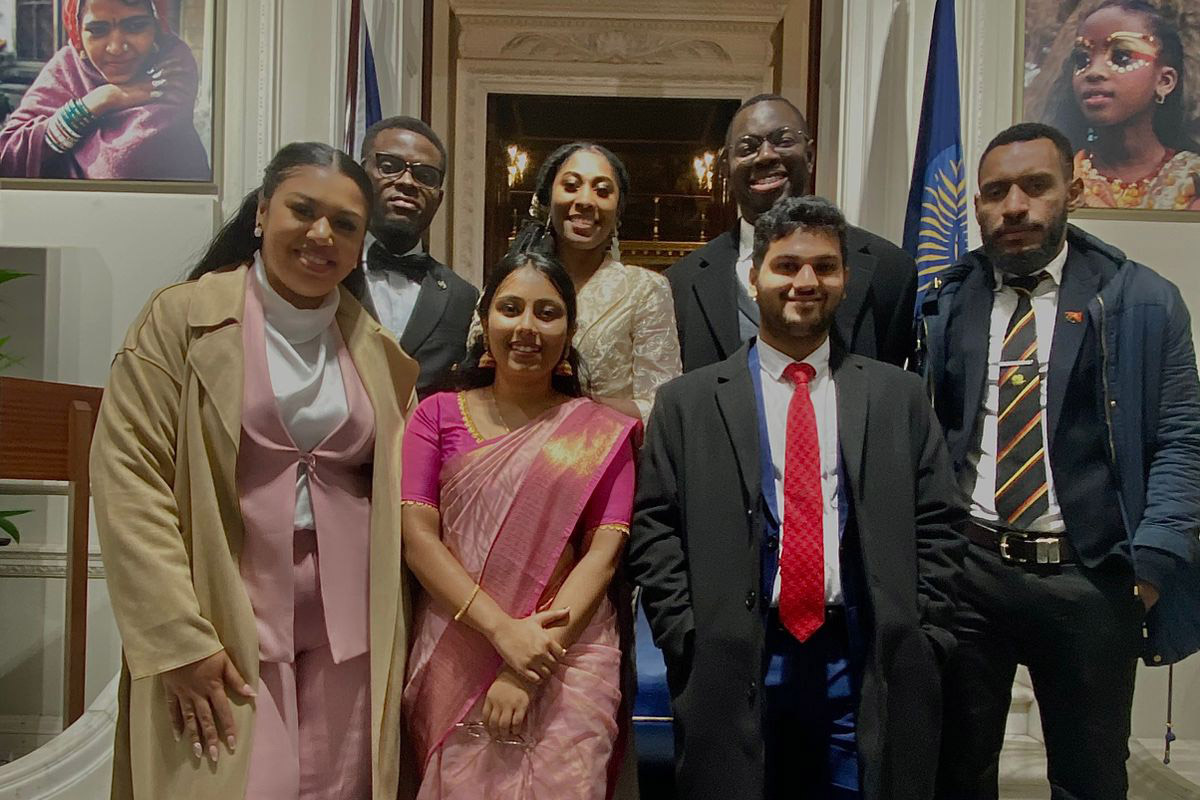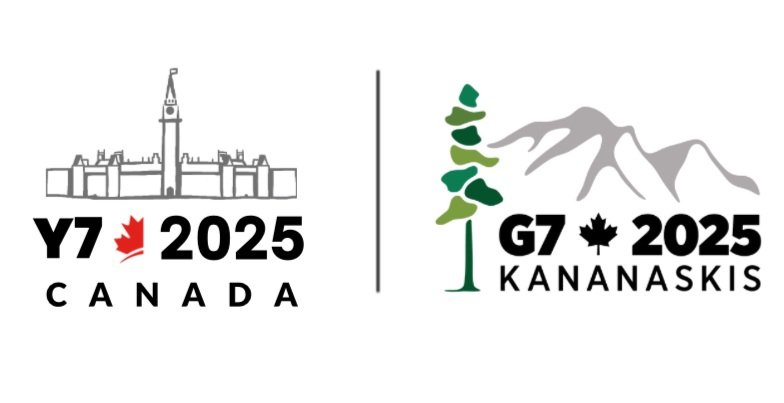Ghana’s Election 2016: The Role of Young People in Promoting Peaceful Elections
December 6By Richard Kweitsu and Achaleke Christian Leke (Commonwealth Young Person of the Year 2016)
As Ghana’s 2016 presidential and parliamentary elections draw near, there is a heightened anxiety. Elections in Africa have often yielded some of the most dreadful conflicts the continent has seen. The recent examples of electoral violence in Kenya, Burundi and the Ivory Coast spring to mind.
Ghana has no doubt received praise from international observers as the model of democracy in Africa. According to the Commonwealth’s Global Youth Development Index and Report 2016, Ghana ranked 31st for youth participation in politics. Despite the narrow margin of victory that has characterised its elections in the past years, young people in Ghana have managed to avoid violence, and where vast disagreement existed, the courts were duly used to resolve disputes.
Like most countries in sub-Saharan Africa, Ghana is under the pressure of a youth bulge, with young people (aged 15-35) comprising 65% of its population. Empirical evidence suggests that young people have been victims of radicalisation in many political processes across Africa and the world. Will this be the case in Ghana?
This article is a contribution to the ongoing call for young people to be ambassadors of peace instead of vehicles for violence. It examines the instrumental role young people can and will indeed play not only in deciding the outcome of the 2016 polls, but also in maintaining peace before, during and after the elections.
THE WINNER OF THE POLLS: A DECISION OF THE YOUTH?
The overwhelming participation of young people in the 2014 Nigerian election, and its peaceful outcome, remain a huge inspiration to countries across Africa. The candidate who brings the best solutions to the current socio-economic problems (such as corruption, unemployment, and poor health facilities) facing young people and the entire Ghanaian population will garner the majority of votes.
However, the rising discontent by the opposition party and Ghanaian citizens remains a growing threat for possible youth radicalisation and violence. In a 2016 report, the World Bank highlighted youth unemployment to be at an alarming rate of 48%. This notwithstanding, there is no doubt the solution-bearer will win the support of young people. Many young people have sat ‘on the fence’ in previous years, but perhaps increasing levels of unemployment will be a motivation for them to take to the polls in higher numbers.
A CALL FOR PEACEFUL POLLS: THE ROLE OF THE YOUTH
The future of Ghana lies in the hands of its young people. Young people therefore have a major role to play in promoting peace, before, during and after the polls. There is no doubt that unsavoury individuals will make attempts to recruit them to foment violence. Young people must not fall for these tricks. The future of Ghana is bigger than individual ambitions.
As young people, we must remember we have a great future ahead of us. Posterity will never forgive us if we allowed ourselves to be complicit in plunging this country into chaos. Social media is a great tool that we can use to reach out to our peers and call for peace throughout the country. Young people in Ghana should follow the Nigerian example, where young people used social media to promote peace and non-violence.
Fellow youth, we have been down this road before. We have had contentious elections in the past, and we have always shown the world that our democracy has come of age. Let us go out in our numbers and vote. We may have our disagreements but the ultimate interest of Ghana should be our utmost priority. Please do not let politicians and violent extremists use you.
In December 2015, the UN Security Council adopted Resolution 2250 which recognised us, young people, as ambassadors of peace. The development of Ghana lies in our hand.




